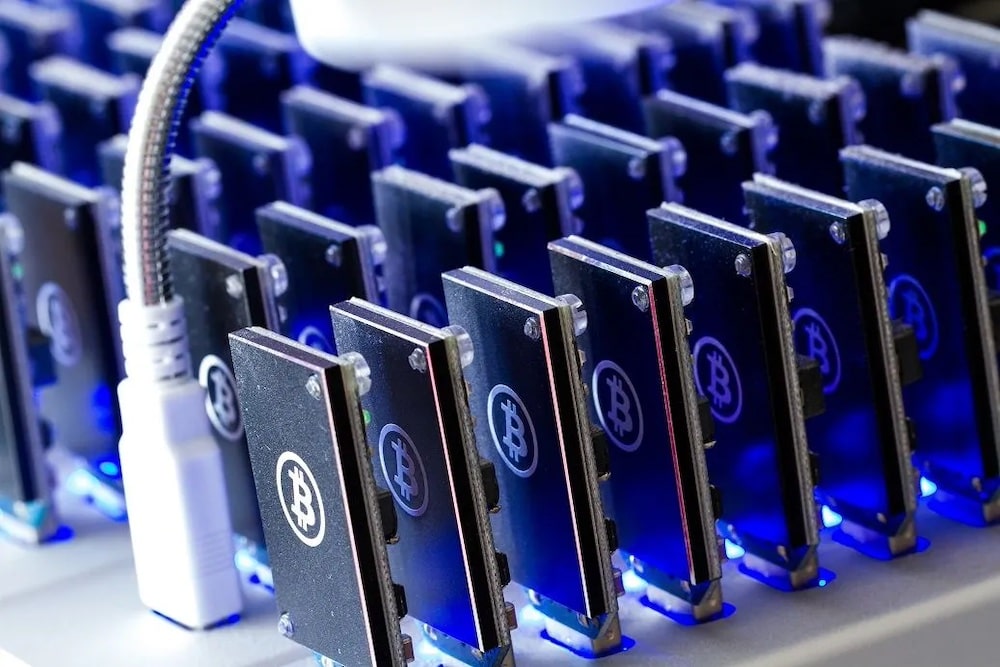MMS, a Deutsche Telekom subsidiary, has announced its partnership with financial institution Bankhaus Metzler to operate a Bitcoin mining infrastructure. According to the official blog post, the firms’ collaborative move is only a test or pilot project intended to gain insights for future project planning.
Why Test Bitcoin Mining?
The partners observed that the energy grid faces new challenges as renewable energy sources like solar and wind power grow. Weather-dependent production peaks make it harder to balance supply and demand, stressing the grid. It further claims innovative solutions are needed to stabilize the grid, thus addressing the challenge.
The firms unanimously believe that one solution is utilizing surplus energy for Bitcoin mining. Citing other countries where this mining method is successful, the duo claims the approach will help regulate power and balance the grid. By harnessing excess energy, Bitcoin mining reduces waste and promotes power sustainability.
The pilot project, which will be executed in Germany, will expose strategies to enhance grid stability and avoid energy fluctuations or outages. While mentioning the benefits, the report added that the proposed solution will reduce energy waste. Producers and operators of power-related facilities will also benefit from the technology.
Bitcoin Mining Interest Stalls
The pilot project comes at a time of dwindling interest in Bitcoin mining. Enthusiasm for the network-securing process has recently slowed due to several factors, including regulatory uncertainty. Rising global energy costs have also impacted profitability, making mining less attractive.
The 2024 halving event reduced miner revenue by cutting block rewards to 3.125 BTC. Cathedra, a Bitcoin mining company, recently mentioned its plans to pause mining due to the decreased rewards from the halving event. It wants to invest profits into buying Bitcoin directly, following MicroStrategy’s strategy of increasing shareholder value and maintaining industry presence.
Northern Data, a German tech firm, also announced plans to sell its Bitcoin mining unit, Peak Mining, and shift focus to artificial intelligence (AI). The company believes the move will transform it into an AI solutions provider, operating Europe’s largest generative AI cloud platform and advanced data centers.
Find Cryptocurrencies to Watch and Read Crypto News on the Go Follow CryptosToWatch on X (Twitter) Now

